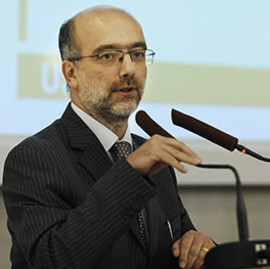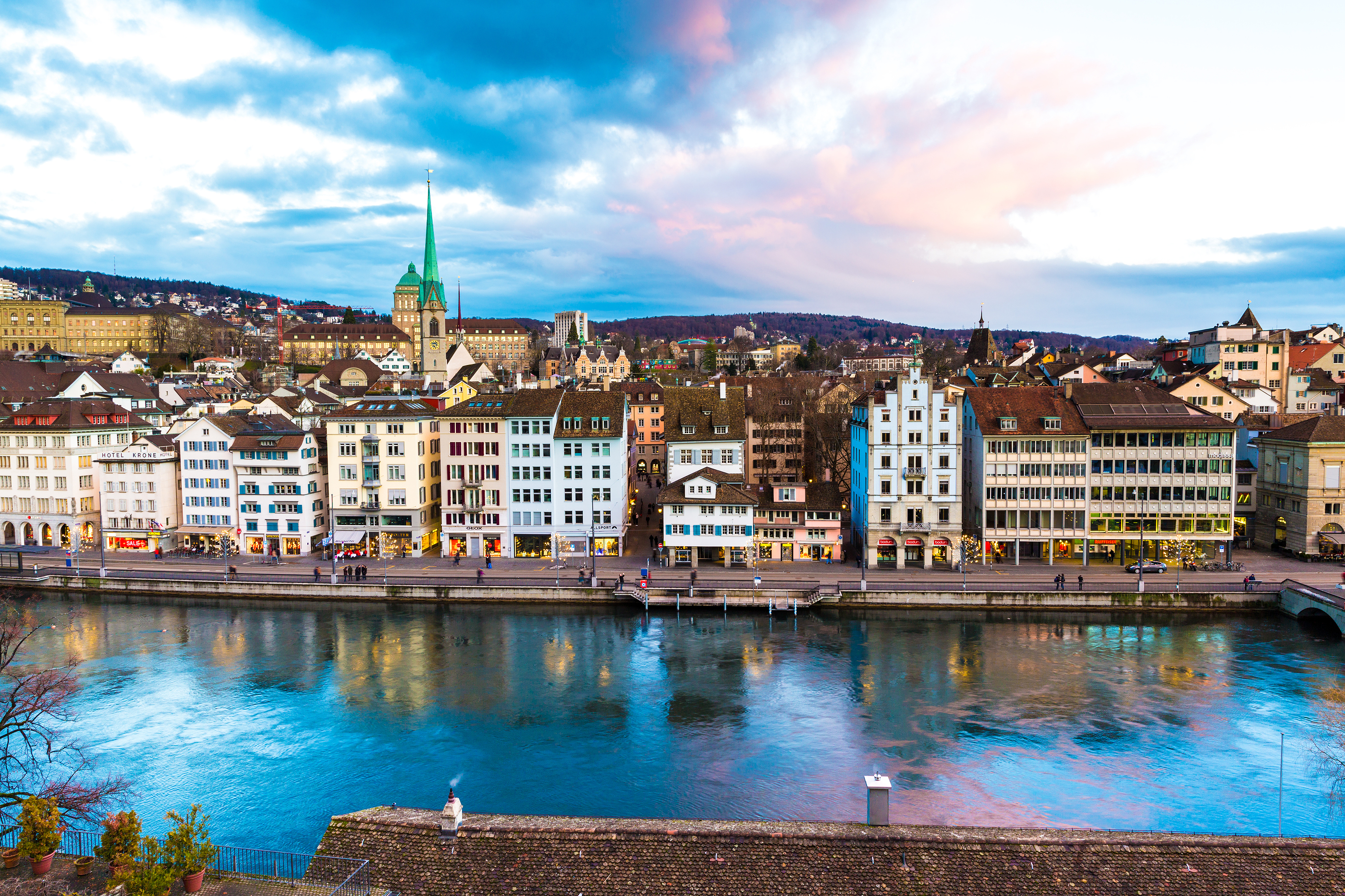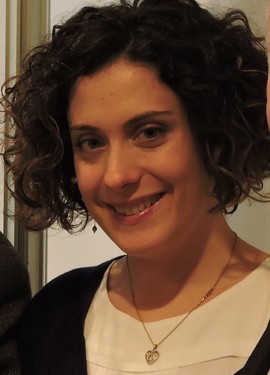Course Staff
All instructors are active within the Master of International Tourism of USI - Università della Svizzera italiana.
Lorenzo Cantoni
Lorenzo Cantoni graduated in Philosophy and holds a PhD in Education and Linguistics and is professor at USI - Università della Svizzera italiana (Lugano - Switzerland), Faculty of Communication Sciences, where he served as Dean of the Faculty in the academic years 2010-2014.
He is currently director of the Institute for Communication Technologies and scientific director of the laboratories webatelier.net, NewMinE Lab: New Media in Education Lab, and eLab: eLearning Lab.
L. Cantoni is chair-holder of the UNESCO chair in ICT to develop and promote sustainable tourism in World Heritage Sites, established at USI, and president of IFITT - International Federation for Information Technologies in Travel and Tourism.
His research interests are where communication, education and new media overlap, ranging from computer mediated communication to usability, from eLearning to eTourism, and from ICT4D to eGovernment.
Nadzeya Kalbaska
Nadzeya Kalbaska, PhD, post-doctoral researcher and lecturer at the Faculty of Communication Sciences of the Università della Svizzera italiana (USI, University of Lugano, Switzerland). She serves IFITT-International Federation for IT and Travel and Tourism as General Secretary.
Skills: research, university teaching, distance education, coaching, public speaking
Specialties: online communication and marketing, social media management, SEO, SEM, usability studies, web analytics, social media analytics, eCommerce, eLearning and MOOCs, learning analytics, Human Resource Management, eGovernment
Industries: tourism and hospitality, fashion, event management
Working languages: English, Italian, French, Russian
Passion: fine food and slow travel.
Elena Marchiori
Dr. Elena Marchiori is a Postdoctoral Researcher and Lecturer at USI – Università della Svizzera italiana (Lugano, Switzerland), Faculty of Communication Sciences. She holds an M.Sc. in Media Management and a Ph.D. in Communication Sciences.
She is the executive director of webatelier.net - the eTourism Lab at USI, and works for the Institute of Communication Technologies at USI. She is member of IFITT – International Federation for Information Technologies in Travel and Tourism, and general secretary of the IFITT Swiss Chapter.
Her research interests are online tourism communication, reputation in online media, maturity of destinations and web adoption, and media effects.
To know more about Elena visit: http://elenamarchiori.net
Silvia Matilde De Ascaniis
Silvia is a Postdoctoral Researcher and Lecturer at the Faculty of Communication Sciences at the Università della Svizzera italiana (USI - Lugano, Switzerland). She is the Executive Director of the doctoral school Cross-Field (www.cross-field.ch), and coordinator of the doctoral school Argupolis (www.argupolis.net), both founded by the Swiss National Science Foundation (SNSF).
Silvia got a Phd in Communication Sciences with a thesis about pragmatic and argumentative features of tourism related Online Travel Reviews. She was visiting scholar at the Institute for Innovation in Business and Social Research, University of Wollongong (Australia), under the guidance of prof. Ulrike Gretzel. Silvia is member of IFITT - the International Federation for IT and Travel & Tourism.
Silvia’s research interests focus on argumentation dynamics in the online environment and the tourism field, religious tourism and pilgrimage, online communication, ICTs for promoting formal and informal learning.





